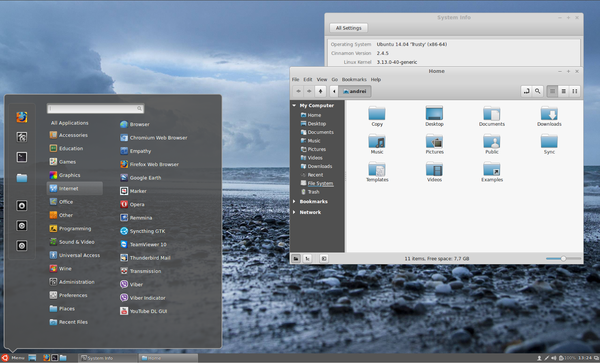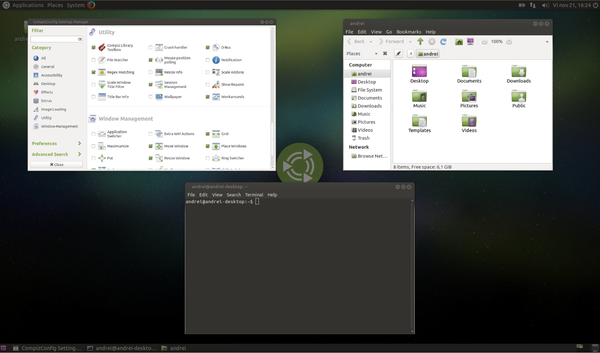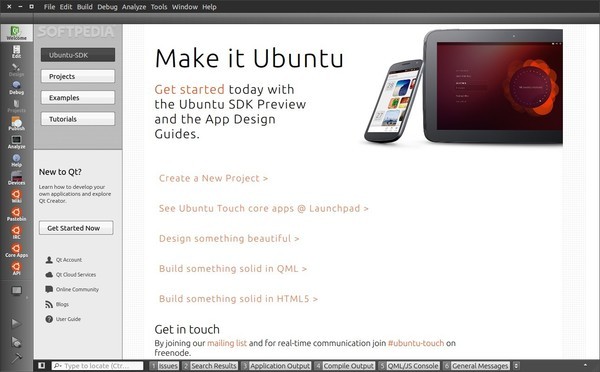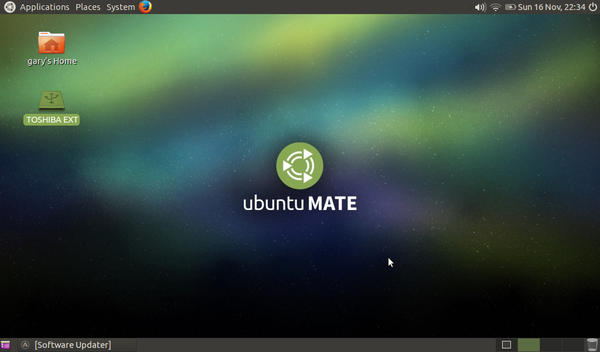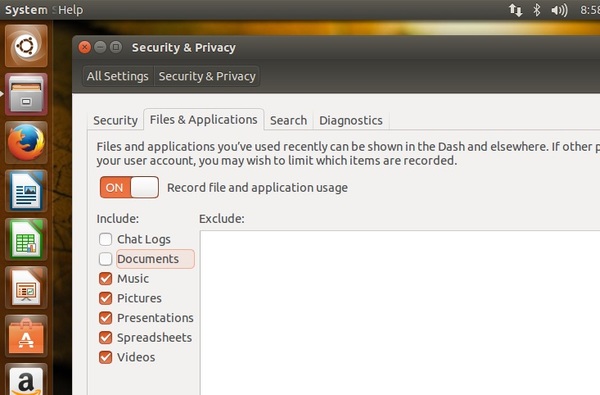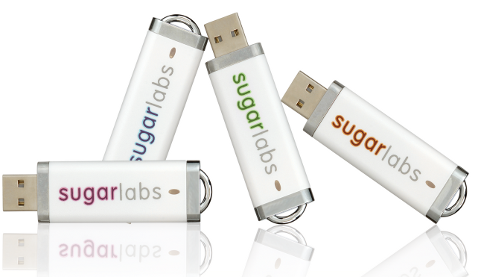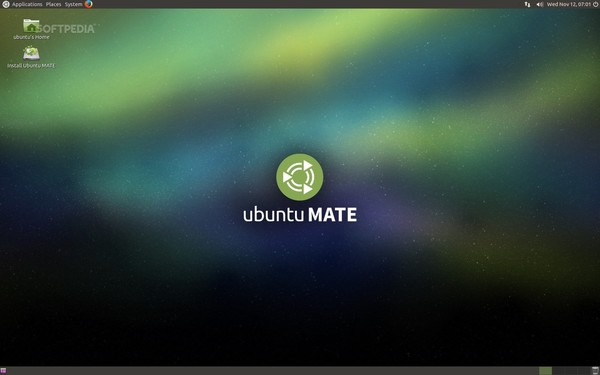TuxJournal ha contattato il presidente della LXDE Foundation, che cura lo sviluppo dell’ambiente desktop creato con l’obiettivo di essere estremamente leggero e reattivo (anche su macchine obsolete) mantenendo al tempo stesso una certa completezza e funzionalità . E’ anche l’ambiente desktop indiziato per dare vita ad un nuovo progetto Canonical: Lubuntu, un sistema operativo pensato per MID basati su architettura ARM e MIPS. Mario ci parla della sua vita, del suo lavoro, dei suoi piani futuri e di cosa si sono detti con Mark Shuttleworth. Insomma, un’intervista da non perdere!
![]()
- Hi Mario, thank you for your availability. We want to introduce you to our readers. Can you tell us something about you? What’s your work? What do you do in your life and your spare time?
Not at all, thank you for having me here. Well, it is always difficult to speak about yourself, but I can give you a few ideas. I am working as a consultant and project manager for projects around Free and Open Source software like GNU/Linux, around free and open content like Wikipedia, Open Source hardware like villagetelco.org and free infrastructures and open mesh networks like Freifunk and Ninux.org in Italy. I always loved the idea of a free and selfdetermined life and as a child I dreamed about living in different countries. Growing up in East Berlin I could not have imagined that I could really work in many places all over the world one day.
The fall of the Berlin wall was the most fortunate event in my life. I believe the idea of the people peacefully fighting for the fall of the wall is very similar to the philosophy behind Free Software. So, I am very happy as I am living the life, I wanted to live, working together with all kinds of people in countries from Australia to Afghanistan to France, China, Korea and not to forget also Italy during my studies.
- From how long do you use GNU/Linux and why?
The first time I heard about GNU/Linux was some time around 1996. When I read about the idea I was very fascinated - an operating system that encompasses the idea of freedom and sharing - an amazing idea still today. When I started University in 1997 everyone seemed to use Windows. At that time it was still rather difficult to get around not using Windows as a non-technical person. Microsoft was still dominant and the limitations of Windows, both in regards to technology and incompatibilities with standards to non-Microsoft applications seemed unbridgeable. I continued learning about freely licensed Open Source applications. “Infected by the idea” my desire to switch to a completely free environment was always there. Personally I completely switched to GNU/Linux since 2006 with Ubuntu. In regards to my work I am happy that I am now working with many people in government, NGOs and educational institutions start using computers with a free OS or migrate to free software.
- You are the president of LXDE, one of the most interesting GNU/Linux desktop environments nowadays.
Thank you for the flowers about LXDE. I will tell the developers and contributors about it. Actually, I believe titles like president or CEO are not so important in the FOSS community. It is important, who contributes no matter what title or position he or she has. We founded the LXDE Foundation to support developers and contributors. It is good to have an organization acting as a point of contact and to take care of official partnerships.
- What is LXDE? What’s its philosophy and how and when was born? Why did you decide to create another desktop environment?
LXDE stands for Lightweight X11 Desktop Environment. For people who know Gnome, KDE or XFCE – LXDE is a more lightweight desktop environment. It is our goal to create a faster, easier to use and more energy efficient desktop system and we have achieved already quite a bit of that. The project was started by PCMan aka Hong Yen Jee from Taiwan in 2005 and now has a community all over the world. LXDE uses less CPU and less RAM. It is especially designed for cloud computers with low hardware specifications like netbooks, mobile devices as well as older computers. As LXDE is a desktop environment, it can be used with different Linux distributions. Contributors have packages LXDE for most distributions already. It is available as a standard choice in Debian and available for Ubuntu. Fedora has a very active team lead by Christoph Wickert. Commercial vendors like Mandriva include LXDE components in their netbooks. Of course there are always many things to improve as well and we welcome everyone to join us. Just check out join.lxde.org.

